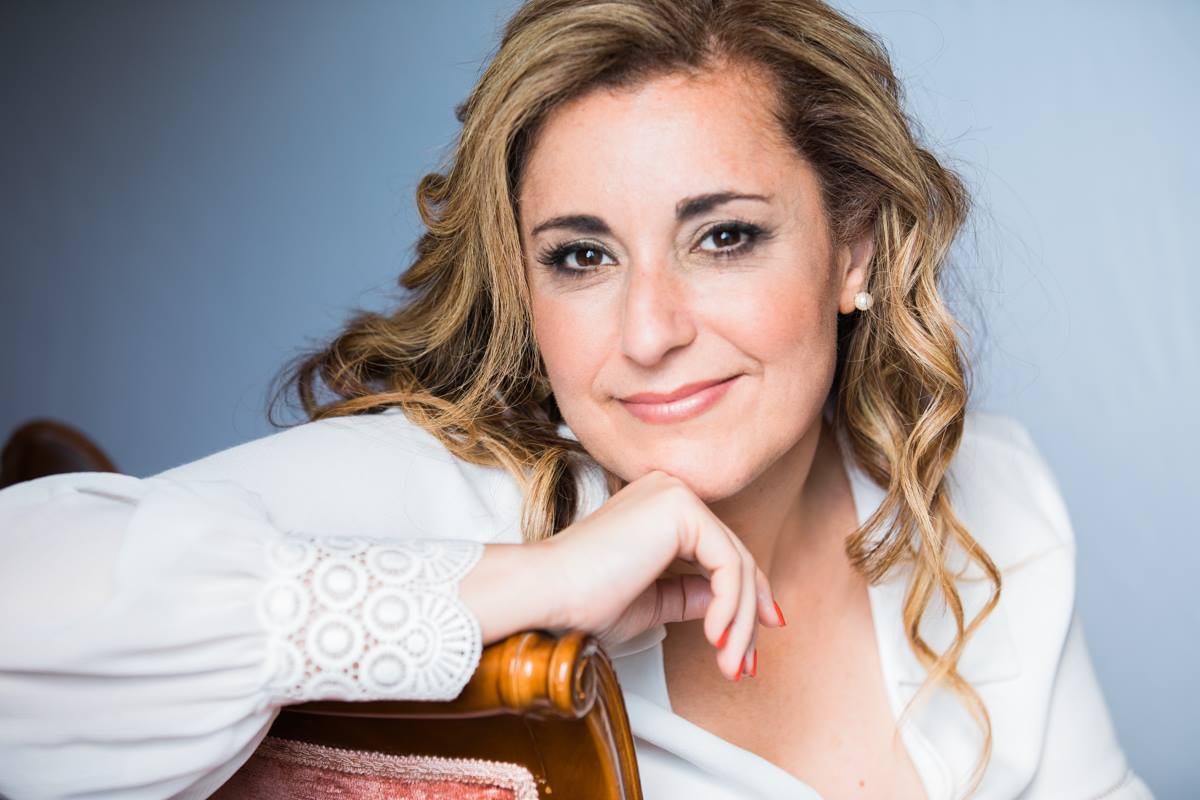Watching a loved one go through grief and distress can be incredibly tough. Much as we desire it, we cannot step in and take away their pain, fix the situation or bring a loved one back.
Our natural instinct may be to try to comfort them, counsel them, take their side, or judge other parties involved. But these are common mistakes we make that can impede the healing process.
To help someone close to you through their heartache more effectively, focus on empowering them to find their own way. This will look different for every person and situation, but if you stick to some key principles, and ask some different questions, you can be a positive influence on their journey:
No judgement zone
A common mistake we make when trying to support someone and ease their pain is to try and fix the situation by analyzing and offering advice. When we do this, we often start with making some part of the situation or people involved, wrong. Rather than take sides or make assessments, conclusions or judgements about right or wrong, be a neutral party.
This becomes particularly important if your loved one is doing a lot of self-judgement in the situation, searching for what they did wrong, fixating on regrets, guilt or moments in the past they cannot change. If you are willing to function from a “no judgement zone,” you can allow them to grieve in a way that works for them, and invite them to see things differently when there is an opening to do so, without force.
One way to stay out of the judgement zone, is to ask yourself: “What is required in this moment?” Rather than assuming what the person needs from you and trying to find the answer and solution to their grief, ask them, “What can I contribute to you right now?” Sometimes, just asking a question and honoring what that person requires in the moment, no matter how small, can be a huge gift in the healing process.
Gratitude
One of the most powerful tools for mending a broken heart and having an easier time with grief, is gratitude. As we put our attention on what we are grateful for, the need and ability to judge the situation, others or yourself, diminishes. It opens us up to a different perspective and can shift us into a space where healing can begin. Asked your love one, “What gratitude can you have for this situation? What can you choose to be grateful for regarding this?”
Be aware of when your loved one is receptive and open to hearing this. You cannot force or expect anything of them, but if you ask, “What can they hear right now?” and you look for the opportunities for gratitude in your own world, you will become aware of when you can invite them to have moments of gratitude and contribute to the healing process.
Ask questions, and have allowance
Grief and heartache is different for every person. So, trying to be there for a loved one based on your ideas of how you would like to be treated or contributed to in the same situation, won’t necessarily work. Rather than assuming or deciding the “right” way for another to process upset and distress, what if you asked them questions that facilitate their own self-healing and connect them with their own unique needs?
One simple way you can encourage them is to ask them questions that involve their body:
“Is there something your body requires right now? Rest? Water? Food? Movement?”
“What nurturing or kindness would contribute to your body right now?”
At times of grief when emotions seem overwhelming, a simple act of nurturing for and with your body can create more ease and facilitate healing.
Most of all, have allowance for your loved one: don’t judge what they choose along their journey through heartache. Our ability to care for another without placing any expectation on them is one of the greatest gifts we can be in difficult times. When you empower them with question and gratitude, work with them, but let them to lead the way, they will find their own way out of grief.

